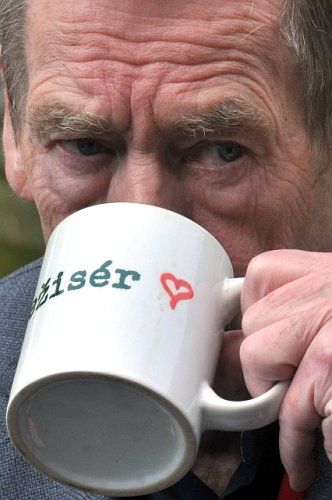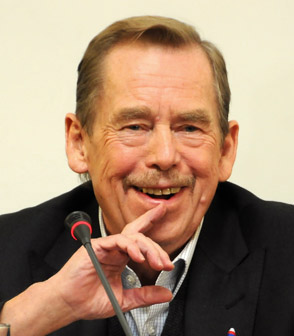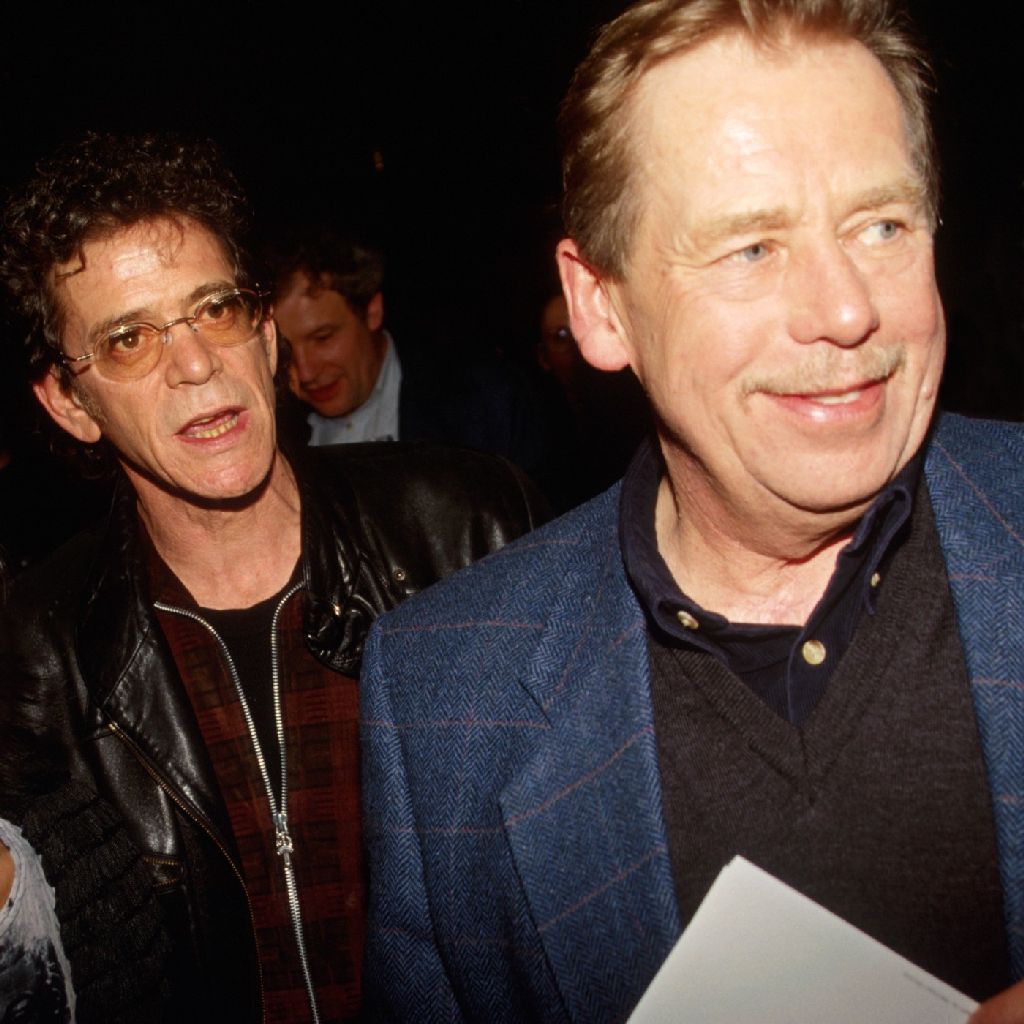

The communist-controlled media was not interested in providing an objective answer, solely intending to discredit the man who had helped found a civic initiative committed to the defense of basic human rights: Charter 77.

The same question was later interrogated on national radio and in major newspapers. To illustrate, on January 20, 1977, Czechoslovak television featured a report titled Kdo je Václav Havel? (Who is Václav Havel?) in primetime. Václav Havel encountered the concept of “fake news” in his country long before it became a commonplace term in the West. In Czechoslovakia, the communist regime used indoctrination, propaganda, censorship, surveillance, intimidation, and persecution to sustain its domination over the population and pursue its utopian vision of a classless, stateless, and religionless society inhabited by the “new man.” They demanded obedience, expected conformity, and punished dissent.Ī particular problem in our society was the corrupt media, which did not seek or speak the truth but was an ideological instrument of the state apparatus. But regimes could introduce and maintain the ideology only through evil means and methods, partially due to humans’ natural yearning for freedom. Since the 1917 Bolshevik Revolution in Russia, communists implemented the philosophy differently in various countries. Truth was the first casualty of communism, followed by more than 100 million other victims. Havel knew from both history and personal experience that when truth falls, evil triumphs soon after. The first point worth underscoring in Havel’s moral legacy is the concept of “living in truth,” which he learned from the Czech philosopher Jan Patočka, to whom the playwright also dedicated his influential essay “ The Power of the Powerless.” Living in truth was Havel’s basic answer to the problem of falsehood, one of the defining characteristics of the ideology and regime that ruled Czechoslovakia until 1989.
Vaclav havel vernissage series#
Although reflecting on Havel’s views of the ideal role of the US in the world would be undoubtedly intriguing and illuminating, this series will focus primarily on how Havel can help us face radical left ideologies here at home. Witnessing Russia’s invasion of Ukraine, we even more painfully realize how prescient Havel was in 1990 when he made the seemingly absurd plea to a joint session of the United States Congress for America to help what was then the Soviet Union on the road to democracy. His thirteen years in office saw radical change in his nation, including its split with Slovakia, which Havel opposed, its accession into NATO and start of the negotiations for membership in the European Union, which was attained in 2004.In my introductory article on Václav Havel, I suggested that the life and work of this “prophet to America” deserve our attention because in them we can find a solid ethical voice and unique moral inspiration for our individual and collective lives. In this role he led Czechoslovakia and later the Czech Republic to multi-party democracy. The 1989 "Velvet Revolution" launched Havel into the presidency. In 1977, his involvement with the human rights manifesto 'Charter 77' brought him international fame as the leader of the opposition in Czechoslovakia it also led to his imprisonment.


After the Prague Spring, he became increasingly active. He was a founding signatory of the Prague Declaration on European Conscience and Communism.īeginning in the 1960s, his work turned to focus on the politics of Czechoslovakia. He was also voted 4th in Prospect Magazine's 2005 global poll of the world's top 100 intellectuals. He received the US Presidential Medal of Freedom, the Philadelphia Liberty Medal, the Order of Canada, the freedom medal of the Four Freedoms Award, and the Ambassador of Conscience Award. He wrote over twenty plays and numerous non-fiction works, translated internationally. He was the tenth and last President of Czechoslovakia (1989–92) and the first President of the Czech Republic (1993–2003). Beginning in the 1960s, his work turned to focus on the politics of Czechoslovaki Václav Havel was a Czech playwright, essayist, poet, dissident and politician. He was a founding signatory of the Prague Declaration on European Conscience and Communism. Václav Havel was a Czech playwright, essayist, poet, dissident and politician.


 0 kommentar(er)
0 kommentar(er)
